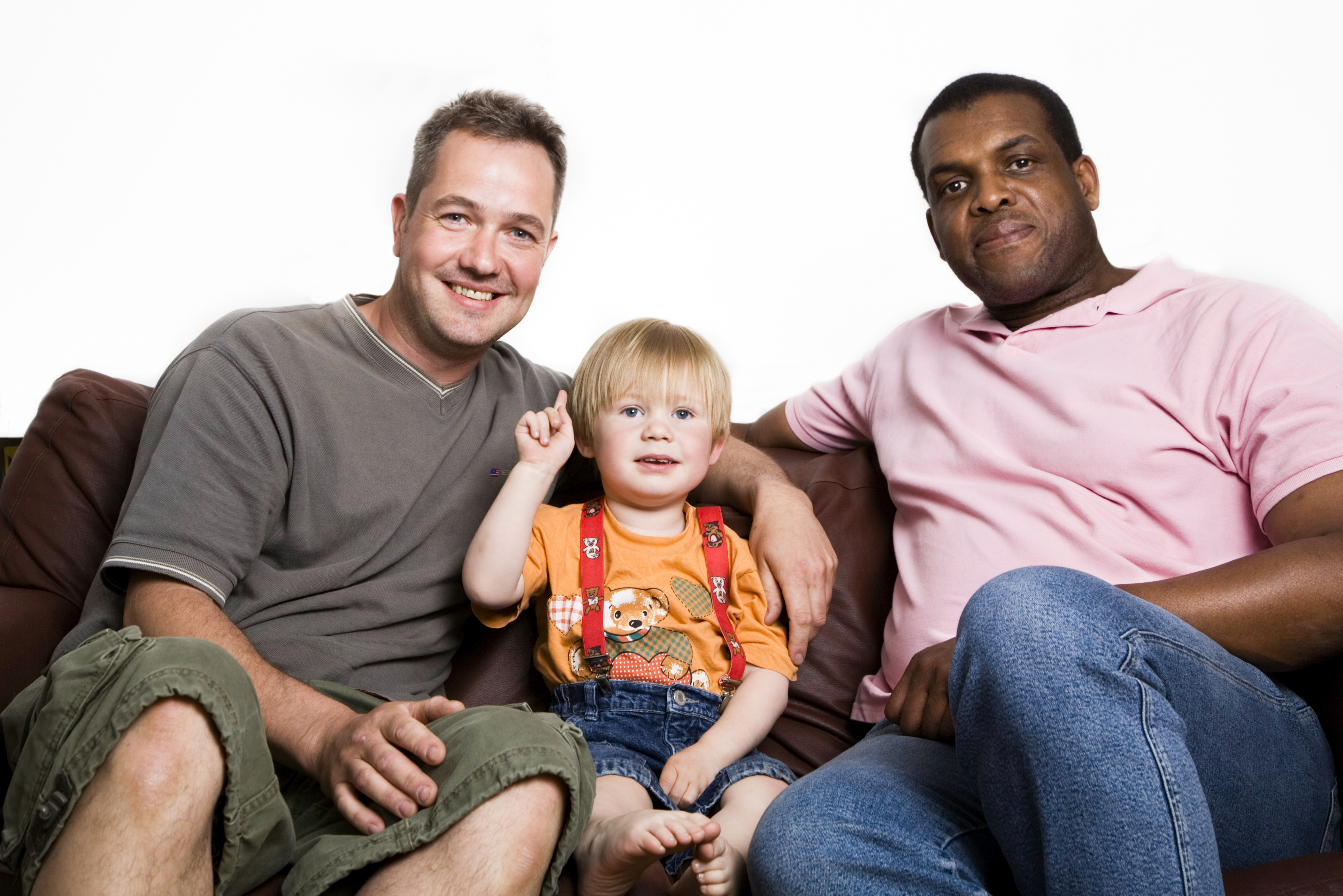Fostering
 Foster care provides a child in need with a temporary home until the child is either adopted, given a permanent placement (long-term fostering) or in some cases it may be possible for the child to return home to their biological family once any issues have been resolved.
Foster care provides a child in need with a temporary home until the child is either adopted, given a permanent placement (long-term fostering) or in some cases it may be possible for the child to return home to their biological family once any issues have been resolved.
A child can be placed into foster care for many different reasons, sadly, the majority of children are placed into care due to being abused or neglected by their biological parent(s).
In most cases, children in foster care will still have regular contact with their biological families and their parents will continue to have responsibilities towards them throughout the time that they are living in foster care. This will only change if the child is adopted.
A child can be placed into foster care for a matter of days, weeks or years. If a child is unable to return home and social workers are unable to find a match with an adoptive family, long-term foster care is a way of providing a child with permanence. Long-term foster care, also known as a permanent placement, is when a foster carer makes a long term commitment to a child and the child will stay with their foster carer until they reach adulthood.
Some children placed in foster care may not want to break their legal link with their biological family, which is the outcome when a child is adopted, therefore in these situations long-term fostering can give a child a permanent place to live and provide security for the child.
It is estimated that there are more than 63,000 children living with foster families across the UK and a further 8,370 foster carers are needed.
There is no legal minimum age to become a foster carer; however, most fostering services have their own minimum age policy which is usually 21 years.
Fostering services will not discriminate against people who identify as gay or lesbian, therefore fostering is an option open to same-sex couples.
You can become a foster carer regardless of marital status, sexual orientation, race, religion, whether you are already a parent or not, whether you are in or out of work, whether you own your own house or rent (as long as it’s stable), or if you are past retirement age, as long as you are in good health. You don’t need any formal qualifications to become a foster carer.
Many of the children placed into foster care have had traumatic backgrounds and often have challenging behaviour as a result. Therefore, couples considering fostering must be confident that this is something that they could manage. Authorities do however offer training and support to foster carers for dealing with these difficulties.
The Fostering Process
Before considering fostering, you should thoroughly look into it and what it involves and seek answers to any questions you may have. You can then register your interest with a fostering service. You will then be given a home visit, in which a fostering advisor will give you further information, answer any questions you may still have and explain how their service works and how they support their foster carers. If you wish to proceed with becoming a foster carer, you will be sent an application form.
Once you have applied, a social worker will contact you to start your fostering assessment. The social worker will visit your home to build on the information given to them in your application form by collecting further information about you, your family and any experience you may have that will benefit you becoming a foster parent. All of the information will then be put together into a report known as a Form F. Referees will also be contacted and asked to comment on your ability to care for children. If all is successful, you will need to have a full medical, DBS and Local Authority check and will be given training to gain full understanding of the different aspects of becoming a foster carer.
Your information and Form F will then be presented to a fostering panel. The panel will make a recommendation to one of your fostering service managers, he/she will then make a final decision to approve you as a foster carer or not.
If you are approved, you become a registered foster carer and you will be matched with a child. Your fostering service will be there for support throughout your career as a foster carer.